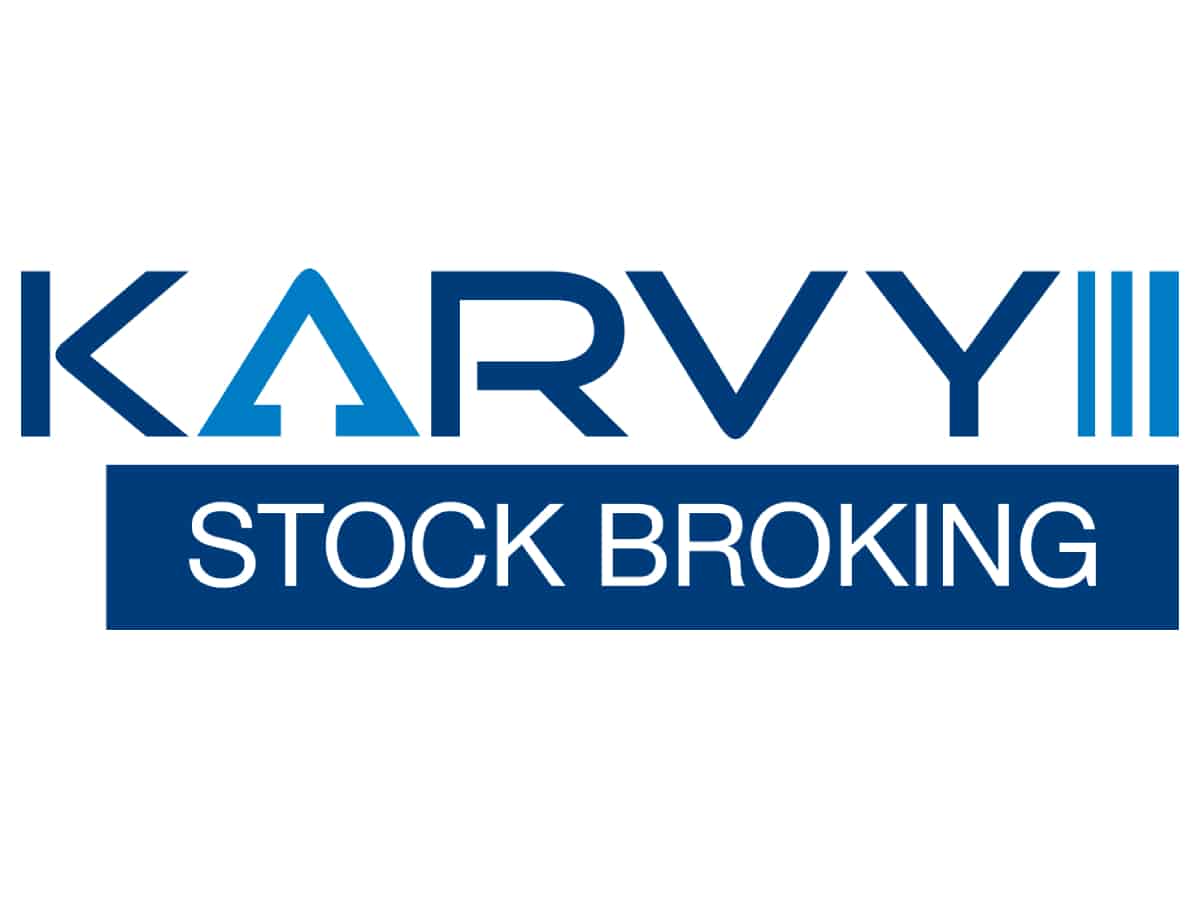
Hyderabad: In 1983, five men, who were working as chartered accountants decided to start their own venture called Karvy Stock Broking Ltd (KSBL) in Hyderabad.
Karvy soon grew into a giant financial services company in India providing services such as equity, commodities trading, depository and wealth management. It soon got launched in various countries such as Bahrain, Dubai, Malaysia, Philippines and the United States.
In the mid-1990s, Karvy entered stockbroking and advisory businesses. Being there for many years, Karvy gained the trust of a million Indians who invested in the financial company.
However, this romance was soon to end when in November 2020, the Securities and Exchange Board of India (SEBI) barred Karvy from purchasing and accepting any new shares.
The reason? Karvy defaulted around 2,300 crores of clients’ funds by pledging their shares to various lending banks. It took a loan from the bank and then invested in subsidiaries, mainly in its real estate market.
Still confused? Ok, lets go back to the basics to understand the whole process.
Process of Broking
We first need to understand the concept of taking a loan against a share.
Firstly, there is a Demat account which is owned by person X. X has n number of shares in their demat account.
A broker’s demat account, in this case, Karvy, is known as a pool account. A pool account is described as a place where all shares are first deposited and then sold or vice versa.
So to break it down, a person named B wants to sell their shares. And C wants to buy. As per the procedure, B’s shares will first go to Karvy’s pool account and then will be transferred to C’s demat account. Easy?
So say X wants to have a loan against his share. X transfers his share to Karvy’s pool account. Karvy then transfers to lending banks who take it as a security and in return provide money. This money is sent to the pool account and eventually to X’s demat account.
Now, in between the exchange, the banks offer loans at the rate of some percentage (say 10%). Karvy then lends the loan at the rate of 18% (for example) to X. Hence, Karvy makes a profit of 8%.
And this is how the process of broking takes place.
Are brokers free to take shares from their clients?
The answer is NO. But there is a way and that is using Power of Attorney (POA). This is a superpower or permission given to brokers by clients to make free decisions about their shares.
Now, with POA the broker can take out shares anytime and sell them anywhere but then the money generated should come back to the client’s account. That is the thumb rule.
It’s risky if your broker is not honest.
SEBI’s circular
Due to the rising misuse of POA, SEBI issued a circular that banned brokers from using its clients’ shares. It came into effect on September 1, 2020.
Karvy’s betrayal
In November 2020, Karvy Stock Broking Ltd (KSBL), from its pool account, took hundreds of shares from dormant demat accounts. Dormant demat accounts are those that have been inactive for many years.
With the help of POA, Karvy took the shares and presented it as a security to the banks such as ICICI bank, HDFC bank, Indusbank etc. The loan money obtained from the banks did not go to the dormant accounts but instead invested in Karvy’s real estate business.
Karvy clearly violated market regulations. It defaulted 2,300 crores of as many as 95,000 dormant client accounts.
When the issue came into light, SEBI barred Karvy from taking any new clients and further trading.
SEBI also directed National Securities Depository Limited (NSDL), which is a depository for shares, to return the shares to the estranged clients with immediate effect. Nearly 90% of the shares were returned to the shareholders. But what happened to the remaining 10%?
Banks revolt against SEBI’s decision
Banks were left in a lurch with just 10% of shares and nothing to regain the loan money it gave to Karvy. They then approached the Securities Appellate Tribunal (SAT) to challenge SEBI’s decision.
SAT is a statutory body developed under the provisions of Section 15K of the SEBI Act. It hears appeals passed under SEBI. SAT is presided by an officer who is either a sitting supreme court judge, or a retired high court judge or a sitting or retired SC or HC judge who has completed seven years of service.
SAT also has members who are capable of dealing with corporate law, securities laws, economics, finance or accountancy.
Soon after, the forensic audit was initiated by the National Stock Exchange of India against Karvy. The case is just moving on and in with no conclusion in the near future.
Recently the Directorate of Enforcement (ED) identified additional assets and provisionally attached properties in the form of lands, buildings, shareholdings, cash, foreign currency and jewellery worth Rs 110 crores under the Prevention of Money Laundering Act (PMLA), 2002, in the alleged money laundering case investigation against M/s Karvy Stock Broking Ltd (KSBL) and its Chairman Comandur Parthasarathy and others.
The ED had previously attached assets worth Rs 1984.84 crores in the same case C Parthasarathy and Group CFO Mr G Hari Krishna were arrested by ED and are presently enlarged on bail.



